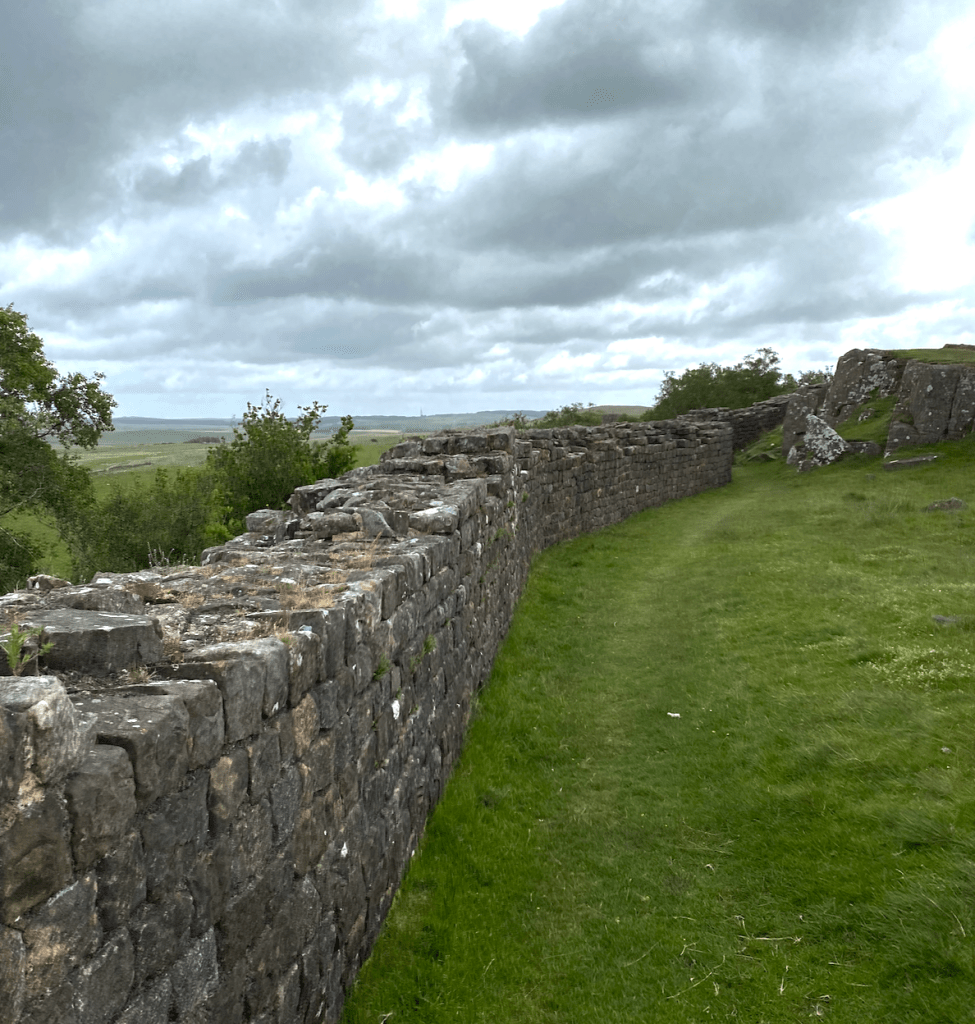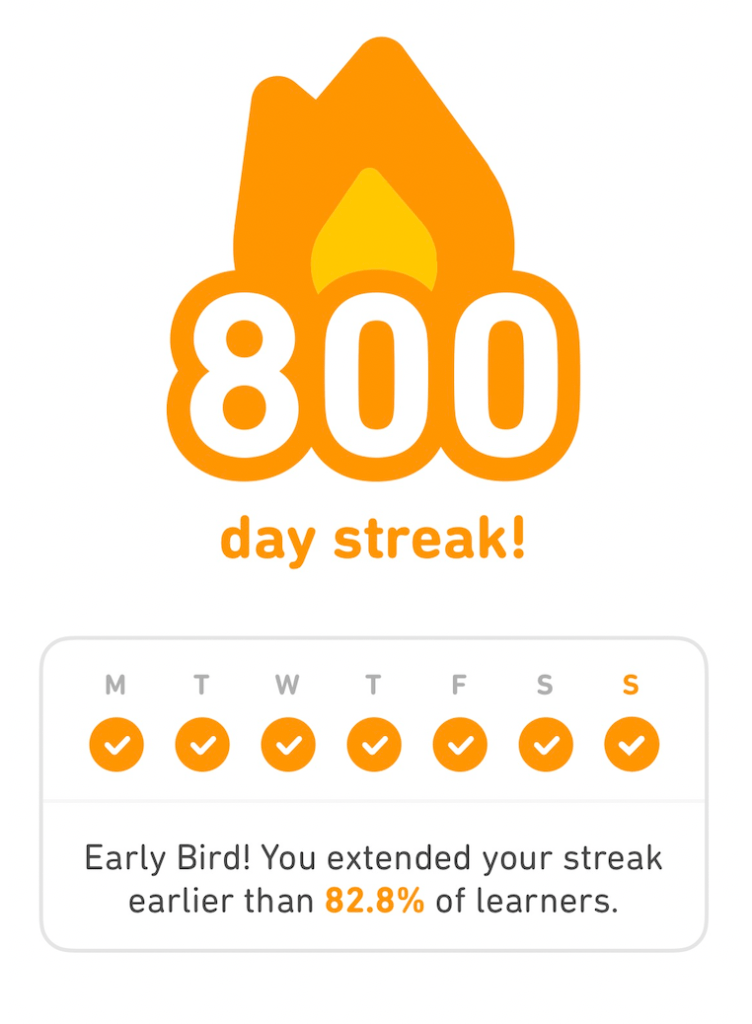We engineers love progress bars. In everything: while copying files, downloading them, when updating our TVs. Even on coffee machines.
As the new year started, I thought life itself is progress and movement. New Year celebrations is somewhat arbitrary, because every day, every second, every instant a new year starts: there’s always an entire year before that instant. That is not exclusive of January 1st, 00:00.
“New Year” is a reminder of the ephemeral nature of our selves. We get to transit this existence for a short and, crucially, an unknown amount of time. I, for example, have been fortunate to have outlived a lot of my ancestors. I am also fortunate I be alive at a time with resources and with means to live a peaceful and good existence. In summary, I am grateful, I appreciate every instant of it; and I don’t take it for granted.
Not surprisingly, as I grow older, I have an increased awareness of my own mortality. Perhaps, the recent, unexpected passing of a close friend, who was full of life and younger than me, has increased this awareness.
We only have the present, as the past is gone, and the future, while it can be imagined, is not guaranteed. This awareness is well known in classic philosophy. And meditations about death are frequent in the ancients’ writings and teachings. There’s a latin phrase: memento mori. Remember of death.
I read somewhere about Kevin Kelly’s “Death Clock”. Essentially a countdown counter for the days you’ve left, assuming you make it to the US average life time (82 years).
I thought a progress bar would be a better representation for our probabilistic life journey. Since we have progress bars in lots of things…why not one for life?
So I built one! As I write this, it shows mine like this:

Being an optimist, two thirds of my entire life is gone…forever. In that gray bar, I learnt, loved, built, guided, fell, stood up, fell again, raised a family, traveled, helped, been helped. Every single pixel is a representation of those things I’ve experienced. If things go well, I’ve got another one-third-ish more to go. What will those pixels bring to my life?
Some have told me it is a depressing reminder, I see it quite the opposite, as a good reminder to make the most of each second, each minute, and each day; as it is a gift. Carpe Diem. Harvest the day!












